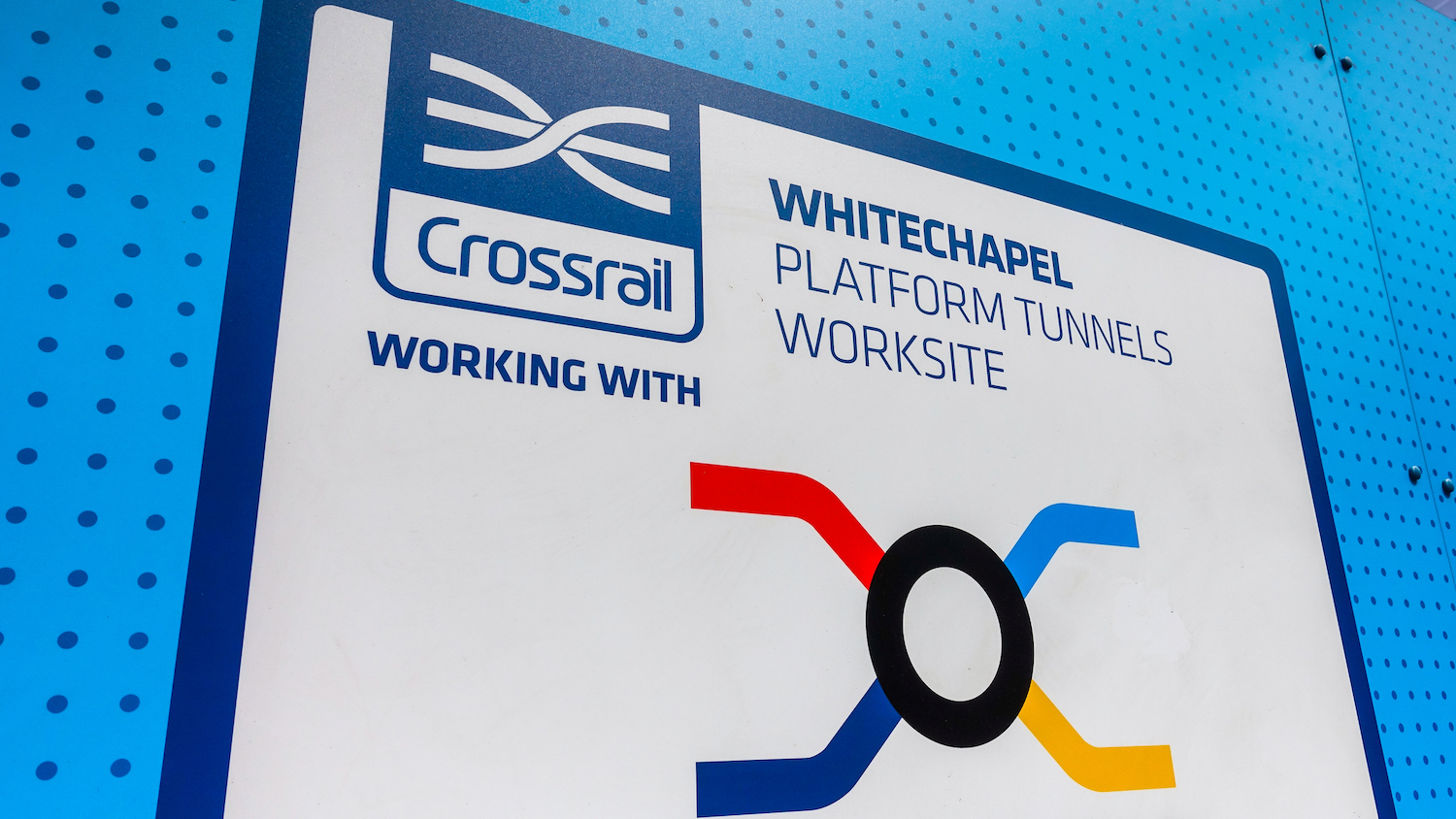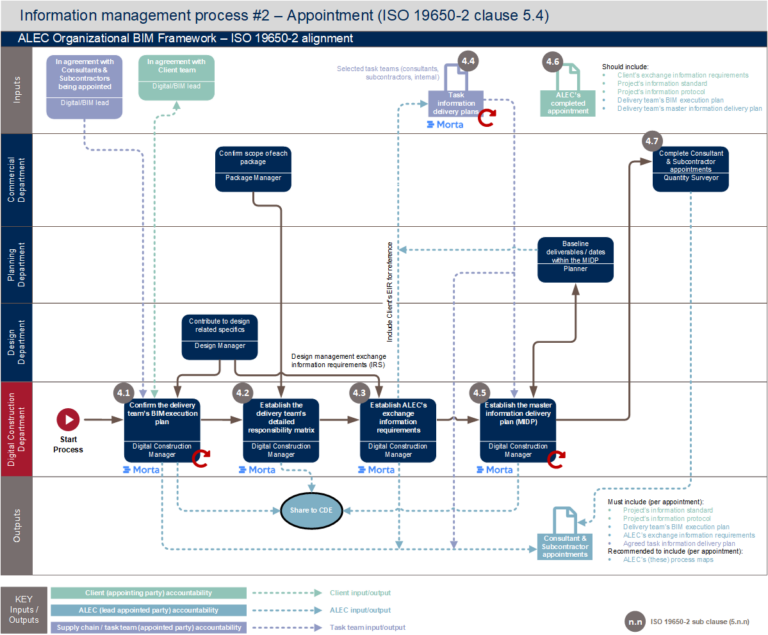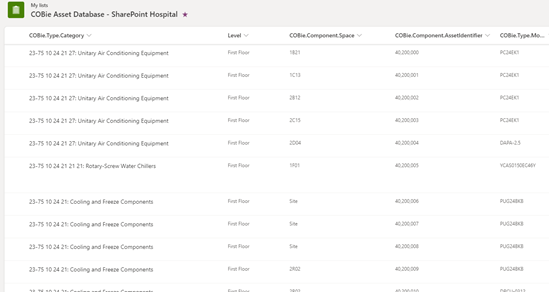Sponsoring a Major Project – The Crossrail Experience
The delivery of Crossrail – today, the Elizabeth Line across London – was undertaken with a strong focus on digital information. A report prepared for the Department for Transport and the Infrastructure and Projects Authority, Sponsoring a Major Project – The Crossrail Experience, highlights nine lessons learned from what worked on the project – and what didn’t. A key lesson was that a project sponsor’s requirements should stipulate integrated digital asset management data in design and construction.
From the inception of Crossrail, BIM was a “relatively new way of collecting and integrating asset data when the sponsors’ requirements were written”. In particular, the report noted:
“There was a notable challenge on Crossrail associated with the poor definition of asset data and the asset data management processes. The significance of this became clearer as the time for testing and assurance relating to entry into service approached, when it was discovered that the contractors’ data had inconsistencies and gaps.
“Many tests were repeated and the paper trail had to be recreated. Suppliers had their own individual methods of recording asset creation and test data, and holistic integration was challenging.
“A clear requirement from the joint sponsors relating to creation, standardisation, integration, and maintenance of asset data would have avoided much retrospective data assembly work later in the project, often taking place when the relevant contractors had left the project.”
[This article is based on a longer article, Crossrail and the information management lesson learned, originally published in BIM Plus on 18 March 2024.]








